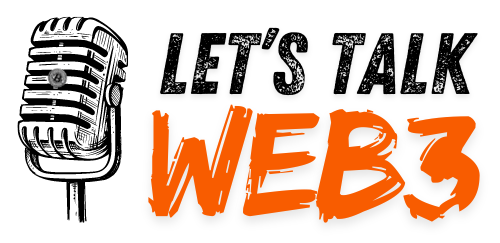Swiss policymaker Samuel Kullmann secured a sweeping majority vote for a Bitcoin mining study aimed at optimizing local power infrastructure.
According to Bitcoin (BTC) advocate Dennis Porter, Kullmann’s proposal passed on Nov. 28 and could steer Switzerland toward BTC adoption.
The Bitcoin policy will now explore how the world’s largest decentralized proof-of-work blockchain can stabilize the Swiss energy grid and “use otherwise wasted energy.” Kullmann’s proposal passed following an 85:46 vote in Switzerland’s Parliament.
The Swiss trek to Bitcoin
Policy around Bitcoin in Switzerland comes as no surprise, as the BTC halving proved massive interest from Swiss citizens. Zurich, the largest Swiss city, ranked top for BTC halving searches on Google, crypto.news reported in April.
Despite U.S. spot BTC exchange-traded fund approval months prior, Europe dominated Google queries for info on the trillion-dollar cryptocurrency and its code changes. The BTC mining reward is cut by 50% every four years to maintain scarcity and contain inflation.
Back in August, financial records revealed that the Swiss Central Bank bought MicroStrategy shares. As the largest corporate BTC holder with a $35 billion treasury, buying MSTR may afford investors indirect exposure to the trending digital asset.
Global adoption
BTC policy accelerated worldwide in 2024, coinciding with growing global inflation concerns and greater institutional demand for BTC. Lawmakers in the U.S. and Brazil both proposed creating strategic national BTC reserves.
Vancouver’s Mayor Ken Sim also argued for diversifying the city’s investments by holding BTC on its sovereign balance sheet. Corporations in corners of the globe allocated millions of dollars to BTC treasuries, following the model established by Michael Saylor’s software giant.





